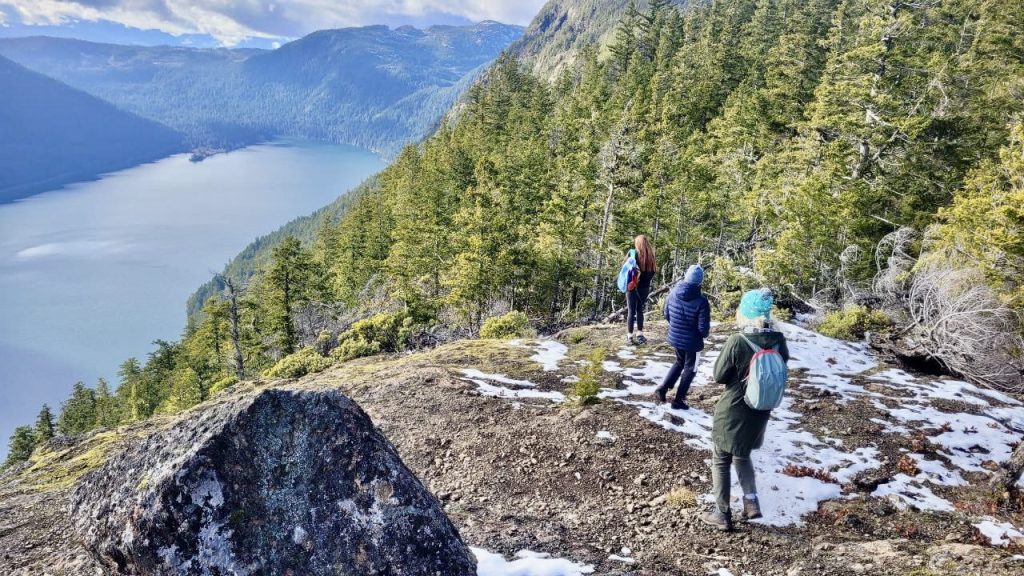
Tourism as Region Driver
This paper examines the remarkable transformation of Siberia’s Priiskovy region, where winter tourism development overcame political resistance to become a catalyst for social and economic revival. Seven years ago, visionary entrepreneurs recognized the untapped potential of Priiskovy’s pristine wilderness, initiating snowmobile and cat skiing operations despite government indifference. Their success story reveals how tourism can revitalize post-industrial communities while reshaping political engagement in remote regions.
Tourism as a Catalyst for Transformation in Russia’s Siberia Priiskovy Region
The Entrepreneurial Gamble
When gold mining operations ceased in Priiskovy, leaving widespread unemployment, private operators saw opportunity in the region’s untouched landscapes. Unlike established nearby resorts, Priiskovy offered authentic Siberian wilderness experiences – a quality that would later become its competitive advantage. However, local authorities, wedded to traditional extractive industries, dismissed tourism as economically insignificant. Their focus remained on short-term gains from existing attractions, ignoring the need to diversify the region’s tourism offerings and redistribute visitor flows.
Breaking the Ice of Political Resistance
The turning point came as entrepreneurial efforts began yielding tangible results. Two factors proved particularly persuasive to skeptical officials:
- Job creation for displaced mining workers as guides and hospitality staff
- Reduced pressure on overcrowded neighboring destinations
By demonstrating tourism’s capacity to address pressing social needs while generating revenue, the private sector forced a political reckoning. What began as marginal adventure operations gradually gained recognition as pillars of regional development strategy.
A Model for Community Empowerment
The Priiskovy case exemplifies Bramwell & Lane’s (2014) concept of tourism as a vehicle for positive social change. As visitor numbers grew, so too did community agency:
- Residents gained representation in infrastructure planning
- Local voices shaped destination branding decisions
- Traditional knowledge informed experience development
This participatory approach marked a dramatic shift from top-down governance to collaborative development. Authorities began viewing tourism not merely as an economic sector, but as a means to address systemic challenges in remote communities.
Theoretical Implications
Priiskovy’s transformation embodies two “critical turns” in tourism research identified by Bramwell & Lane (2014):
- Tourism as a social force – The sector’s ability to spur political engagement and institutional change
- Alternative epistemologies – How local knowledge systems can inform sustainable development
The case demonstrates how wilderness tourism can preserve cultural identity while creating economic alternatives in post-extractive communities. Where mining created dependency, tourism fostered self-determination.
Sustainable Challenges Ahead
While Priiskovy’s success is notable, questions remain about balancing growth with ecological preservation and authentic character. The very wilderness that attracts visitors requires careful stewardship to maintain its appeal. Additionally, ensuring benefits reach all community members, not just tourism operators, remains an ongoing challenge.
Conclusion
Priiskovy’s journey from neglected mining region to winter tourism destination offers a blueprint for rural revitalization. Its story proves that with entrepreneurial vision and community engagement, tourism can transform not just landscapes but power dynamics. As Siberian communities seek post-industrial futures, Priiskovy stands as evidence that wilderness, when valued properly, can be more precious than gold.
Reference
Bramwell, B. & Lane, B. (2014). The “critical turn” and its implications[KM1] for sustainable tourism research, Journal of Sustainable Tourism, 22(1),1-8. https://go.openathens.net/redirector/royalroads.ca?url=https%3A%2F%2Fwww.tandfonline.com%2Fdoi%2Ffull%2F10.1080%2F09669582.2013.855223

